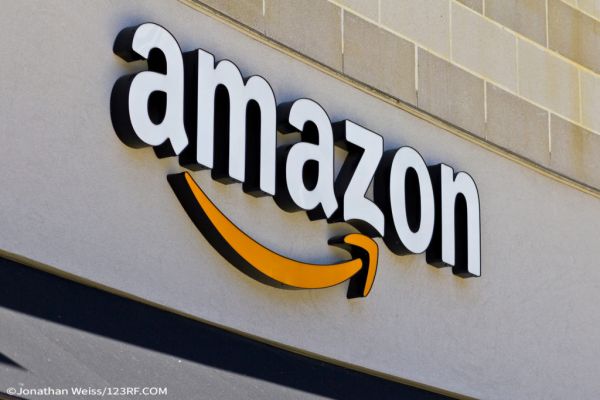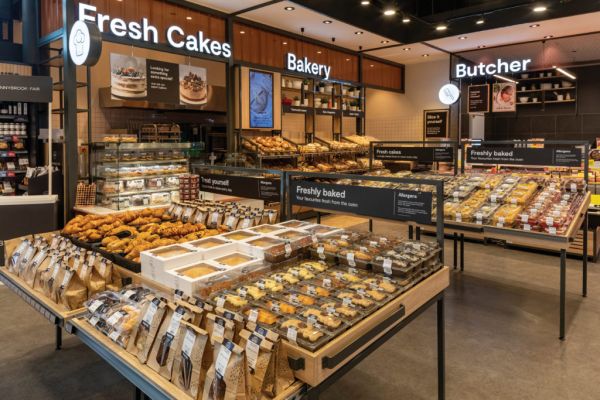Robert McHugh takes a closer look at how augmented reality technology could transform supermarkets and grocery retail, making shopping faster, easier, and more enjoyable.
With retail technology advancing rapidly, all top level supermarket executives must ask themselves which new technological craze will further the development of the sector and maximise profits, and what will be the next passing fad.
Augmented Reality (AR) is a term that is being heard more and more in the industry. By overlaying digital information on top of the physical world, AR can provide consumers with a more immersive, personalised, and enjoyable shopping experience.
Some may roll their eyes at the arrival of another arcane, complicated concept from Silicon Valley. But for other, more ambitious brands, augmented reality could transform how a business communicates with its customers.
Research from Shopify in 2020 found that consumer interactions with products boasting AR/3D content showed a 94% higher conversion rate than for products without AR/3D.
Furthermore, a report by Accenture in 2020 found that immersive technologies such as augmented and virtual reality and 3D content, can enhance consumer purchasing confidence and increase online sales.
Putting AR Into Practice
The pandemic forced the retail industry to adapt and implement new technologies to deal with the ever changing demands of the consumer. Indeed, some household names in retail have already started investing serious capital into augmented reality, with some impressive results.
In June, Walmart announced two brand-new augmented reality (AR) features on the Walmart app, designed to make shopping easier. The concept enables customers and associates to simply point their mobile device camera at store shelves via the Walmart app, to filter the assortment based on customer personal preferences.
Additionally, IKEA recently launched an app that lets customers virtually ‘place’ furnishings in their homes. From sofas and lamps, to rugs and tables, all of the products in IKEA Place are 3D and true to scale, so consumers can make sure a particular product is just the right size, design and functionality for their preference.
This is not to mention a myriad of other global brands in the retail industry that have invested in AR, including Harrods, ASOS and Amazon, to name but a few.
Branching out from its traditional online retail origins, Amazon launched Amazon Salon in April 2021, a hair salon located on Brushfield Street in London’s Spitalfields. The tech giant used the salon to trial the latest industry technology, from AR-powered hair consultations to point-and-learn technology. Amazon customers were able to experiment with different virtual hair colours using augmented reality technology, enjoy entertainment on Fire tablets at each styling station and capture their new look in a dedicated creative area.
“We want this unique venue to bring us one step closer to customers – it will be a place where we can collaborate with the industry and test new technologies," John Boumphrey, UK country manager, Amazon commented at the time.
Scale And Efficiency
According to Accenture, as companies increase their focus on these technologies, they should shift their thinking from investing in one-off experiences to driving scale and efficiency to these experiences.
“Consumers are ready for an evolution of the online shopping experience — especially in the wake of COVID-19,” former managing director for strategy and innovation at Accenture Interactive, Rori Duboff, commented in 2020. “Brands need to understand how the rapidly accelerating area of immersive technology can help drive scale in this new era of online shopping.”
The jury is still out on whether or not augmented reality is a passing fad or a real, tangible way for retailers to engage with their customers. What is clear, however, is that many big names in retail are not taking any chances. Augmented reality may become an increasingly important ally in the years to come.
Read More: Augmented Reality Set To Be Increasingly Important In Online Delivery, Says GlobalData
© 2023 European Supermarket Magazine – your source for the latest Technology news. Article by Robert McHugh. Click subscribe to sign up to ESM: European Supermarket Magazine.














